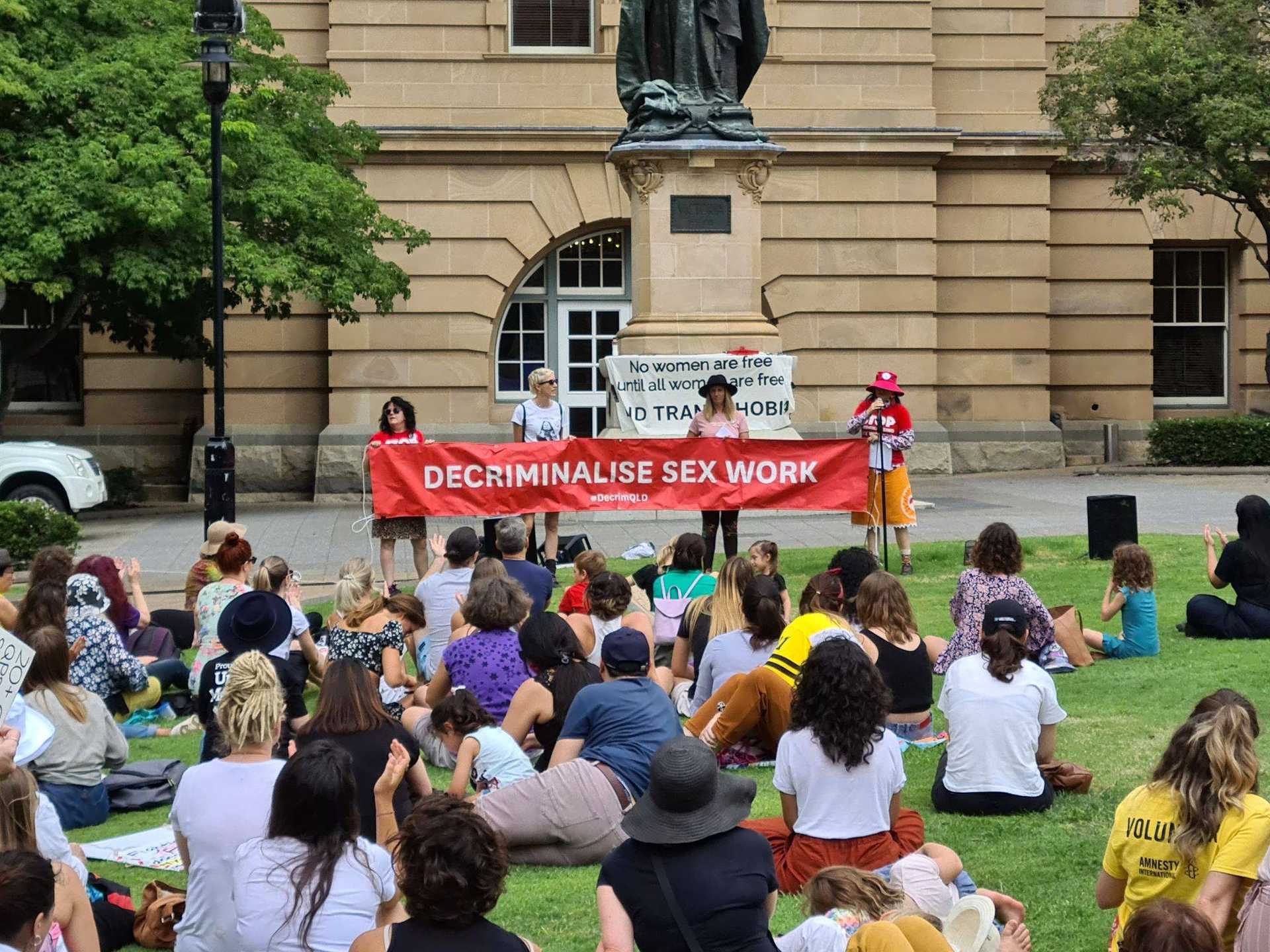This coming Monday, March 8th, 2021, marks the 104th anniversary of the women-led protests that ignited the Russian Revolution. While International Working Women’s Day had existed on various dates since at least 1910, this event cemented March 8th as the official date for almost all future celebrations.
In 1917, Russian women demonstrated the immense power of collective action. Their protests evolved into nationwide strikes, securing significant achievements such as women's right to vote, the abdication of the Tsar, and the rise of workers’ and peasants’ soviets—ushering in socialism. Despite the eventual suppression by the Bolshevik state, these women played a crucial role in one of history's most significant social revolutions.
Today, the revolutionary roots of International Working Women’s Day are often forgotten. Since the UN adopted the date in 1975 and removed "Working" from the title, the day has shifted from a symbol of struggle to one of corporate brunches and feel-good slogans celebrating liberal feminism. For many, the day has transformed from one of rage and action against a system that exploits and oppresses women to a celebration of the same ‘girl bosses’ and female politicians who perpetuate that system.
Additionally, the day is often co-opted by exclusionary groups pushing agendas of hatred against trans women and sex workers, undermining the solidarity needed to combat capitalism, patriarchy, and the state.
The struggle for women’s liberation is ongoing. Women continue to endure the 'double shift' of waged and domestic labour, face horrendous rates of domestic violence, and suffer higher rates of poverty and homelessness. Globally, women are oppressed and exploited to fund Western lifestyles, living in fear of drone strikes and invasions. Recently, the LNP government has shown its disdain for women by supporting Christian Porter and disregarding survivors, alongside imminent changes to Jobseeker that threaten unemployed women's stability.
Recognizing the intersectionality of these issues, revolutionary trans and sex worker-inclusive organisations Feminist Action and Anti-Poverty Network Qld have organised an International Working Women’s Day rally on March 6th in Meanjin (Brisbane) under the slogan: ‘The War on the Poor is a War on Women.’
While reclaiming the revolutionary roots of IWWD through intersectional rallies is important, one rally a year is insufficient. We must move beyond symbolic gestures to demanding systemic change. We must shift from vague feminism to completing the struggle started by the women of Russia 104 years ago—true liberation for all women.
Organisation is key, but not through forced unity that overlooks ideological differences. Shared identity alone does not make a movement. Feminism has a chequered history of fighting exclusively for the rights of white, cisgendered women. For example, in the 1970s, white women urged First Nations women to join their struggle based on shared gender identity. However, the First Nations women asked how they could join a movement that prioritised white needs and seemingly turned against their own men, who were arguably more oppressed.
There are significant splits within the Meanjin feminist movement. Glossing over these splits with the line “we’re all women” is counterproductive. These splits represent deep ideological differences, not mere personality clashes or stubbornness. The major split involves transgender and sex worker issues, with debates about the nature of gender and sex, and what it means to be a woman. Debating vulnerable people’s lives is wrong. The attacks from trans and sex worker-exclusionary feminists continue feminism's problem of assuming the experience of white, cisgender, often more well-off women as the default. “Putting our differences aside” means a return to this default, excluding trans women, sex workers, and the majority of women worldwide.
Regarding sex work, exclusionary feminists argue that the sex worker rights movement is led by a tiny section of well-off white women ignoring the majority's voices. They claim these women fight for decriminalisation for personal gain. However, if these feminists genuinely engaged with sex workers or attended a decriminalisation rally, they would see this idea is false. Sex workers understand the exploitative nature of their work because all work is exploitative, not because it is sex work. This line of attack harms sex workers, making them hesitant to speak out about labour rights. Sex workers worldwide overwhelmingly reject the dangerous Nordic model promoted by exclusionary feminists. These feminists do not care about sex workers; they consider them gender traitors and cannon fodder. The sex worker movement is strong, intelligent, and diverse. To portray it otherwise is racist, sexist, and transphobic.
The other major divide is on sex and gender, which we will address in a future article. Suffice it to say, trans women are women, and they have a core role in the women’s liberation movement.
Sadly, many view the feminist or women’s liberation movements as limited to liberal feminism serving the ruling classes or openly transphobic and anti-sex work "radical feminism." Both tear down vulnerable women to maintain the status quo.
Thankfully, there is another path forward—a truly inclusive and revolutionary feminism that seeks to uplift and liberate all women, not just a privileged few.
To build a women’s liberation movement that fights for all women—poor, First Nations, trans, or those on the other side of the world—we need feminist organisations that understand the connections between capitalism, patriarchy, race, and colonialism, and fight on all fronts, building alliances throughout the working class.
We must agitate within our existing movements, organisations, and social circles to create truly liberatory spaces for women, where they are not forced into the second shift, ignored, or threatened by violence. We can learn from the struggles of women before us and the inspiring recent struggles in Latin America, Rojava, and worldwide.
Most importantly, we must recognize the power of women to effect change through their own strength and on their own terms. The women of Russia did not seek liberation by electing more female politicians; they looked to themselves and their comrades. Through years of building popular power, they sparked one of history's greatest attempts at building a fully liberated society.
It is up to us to finish what they started.
